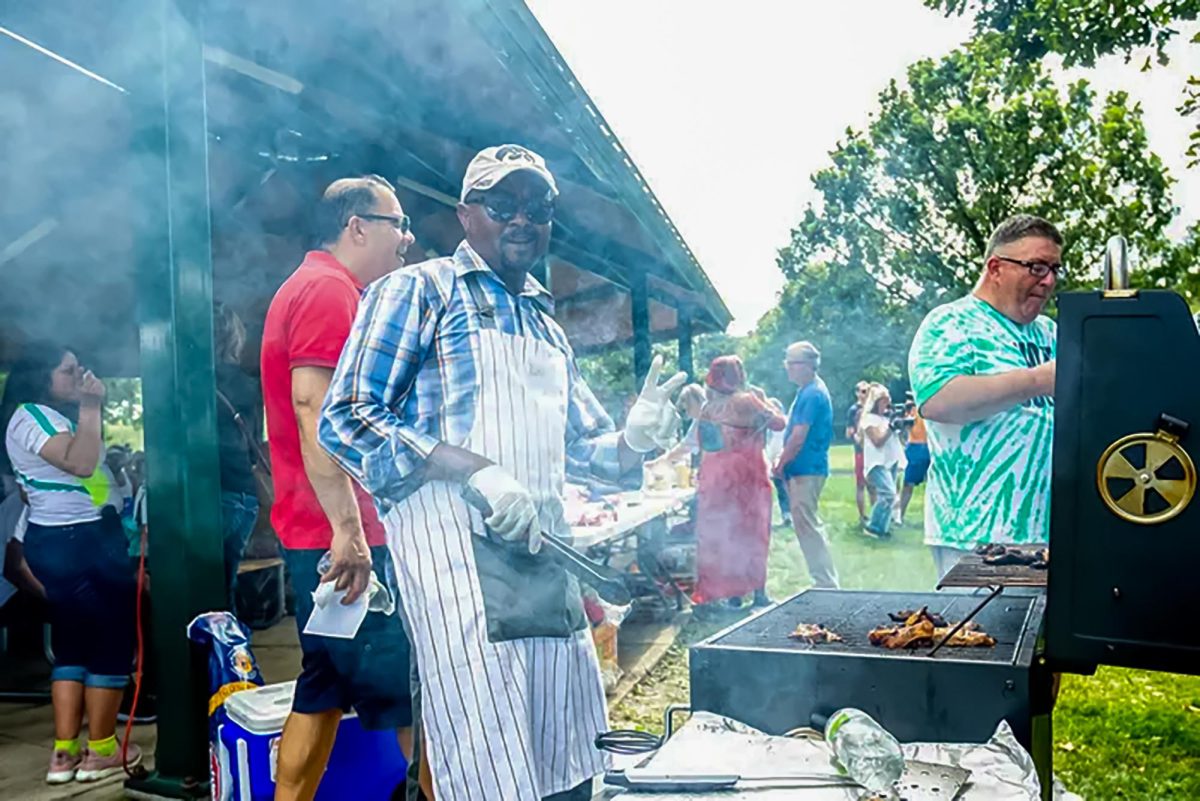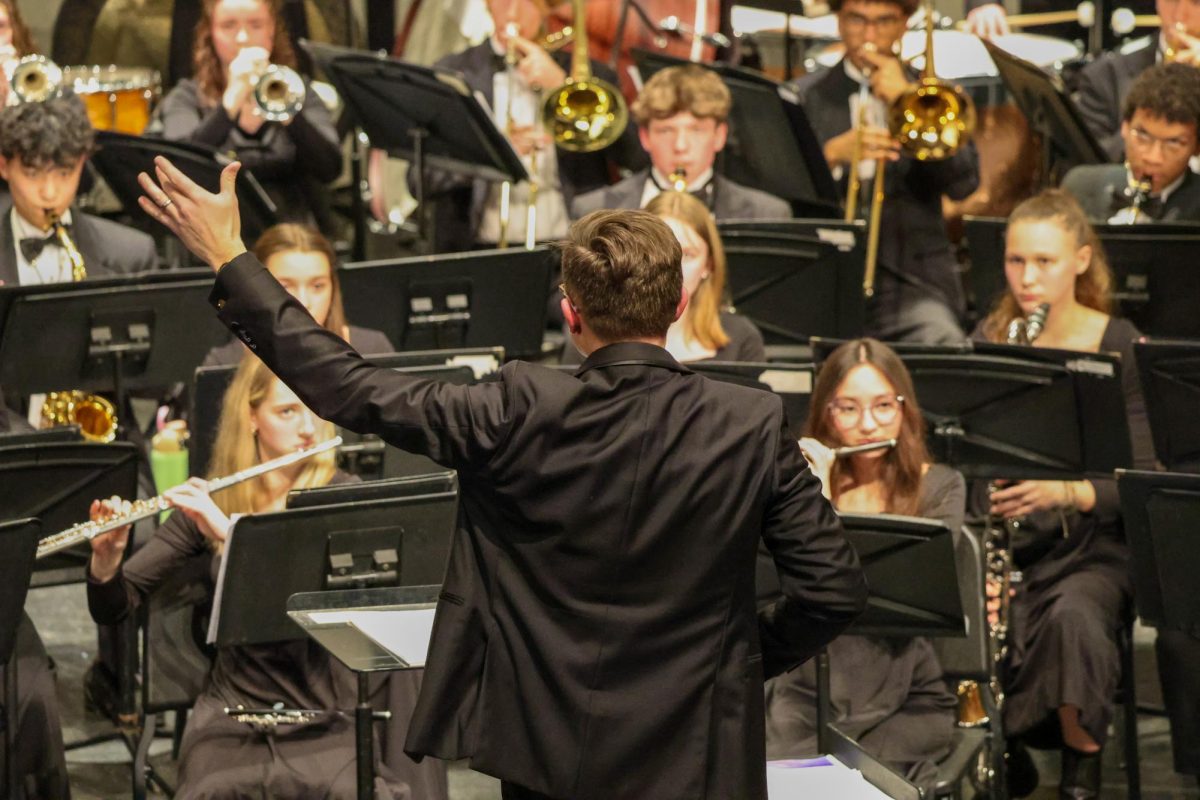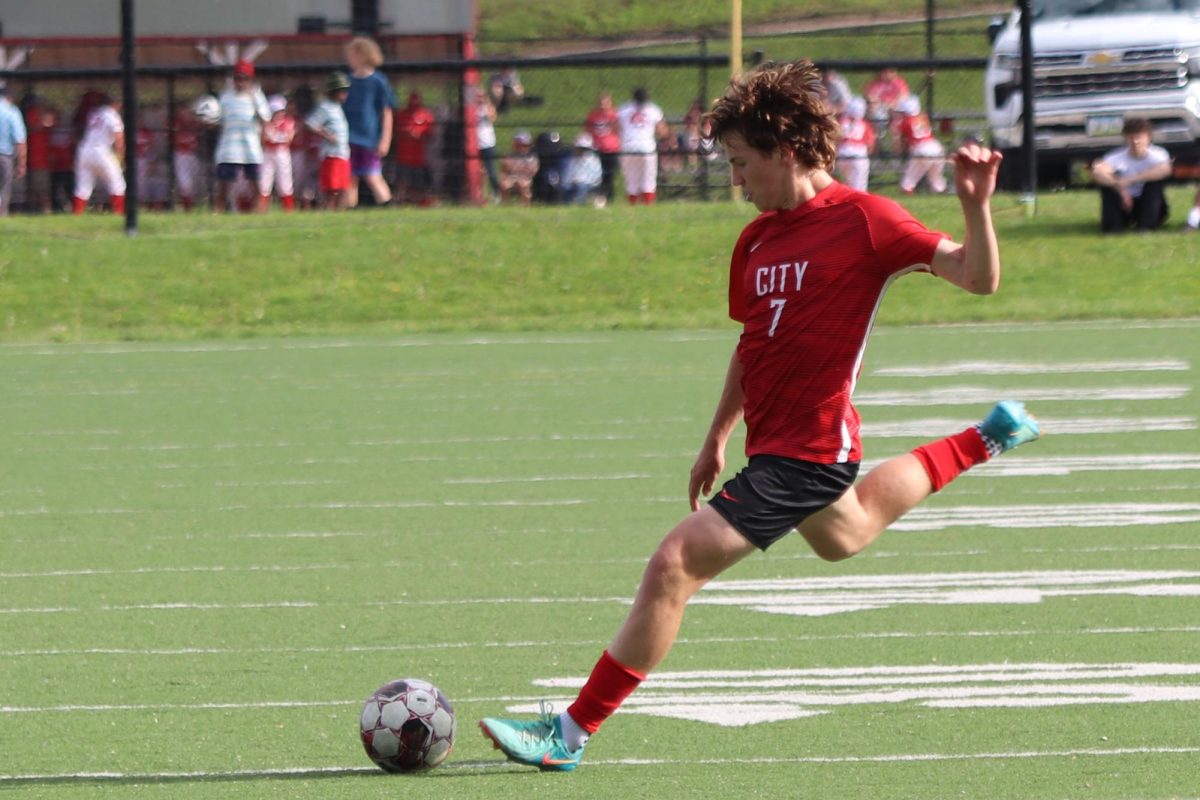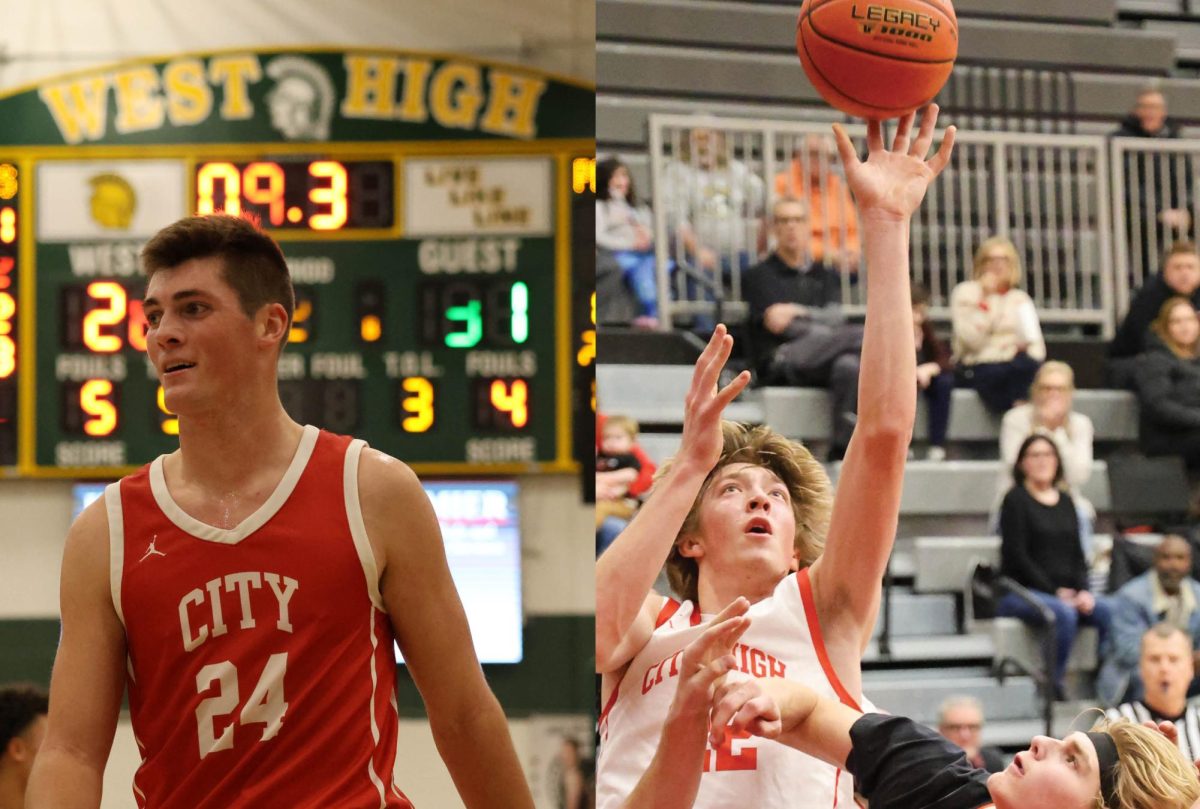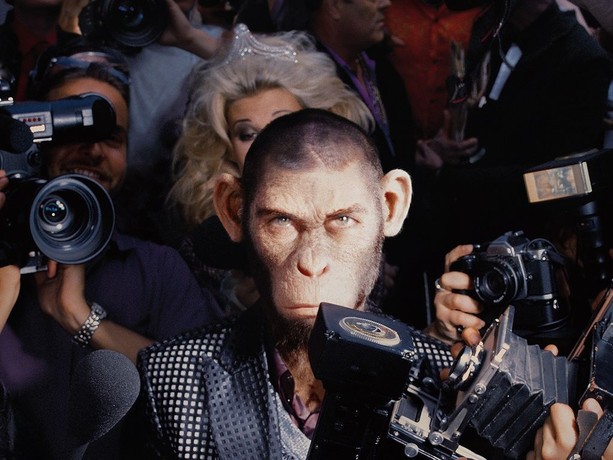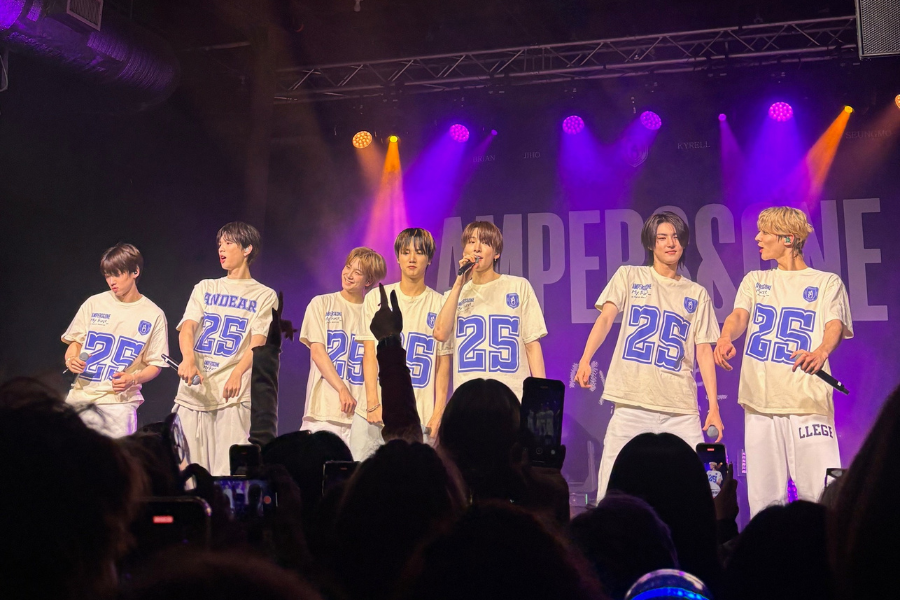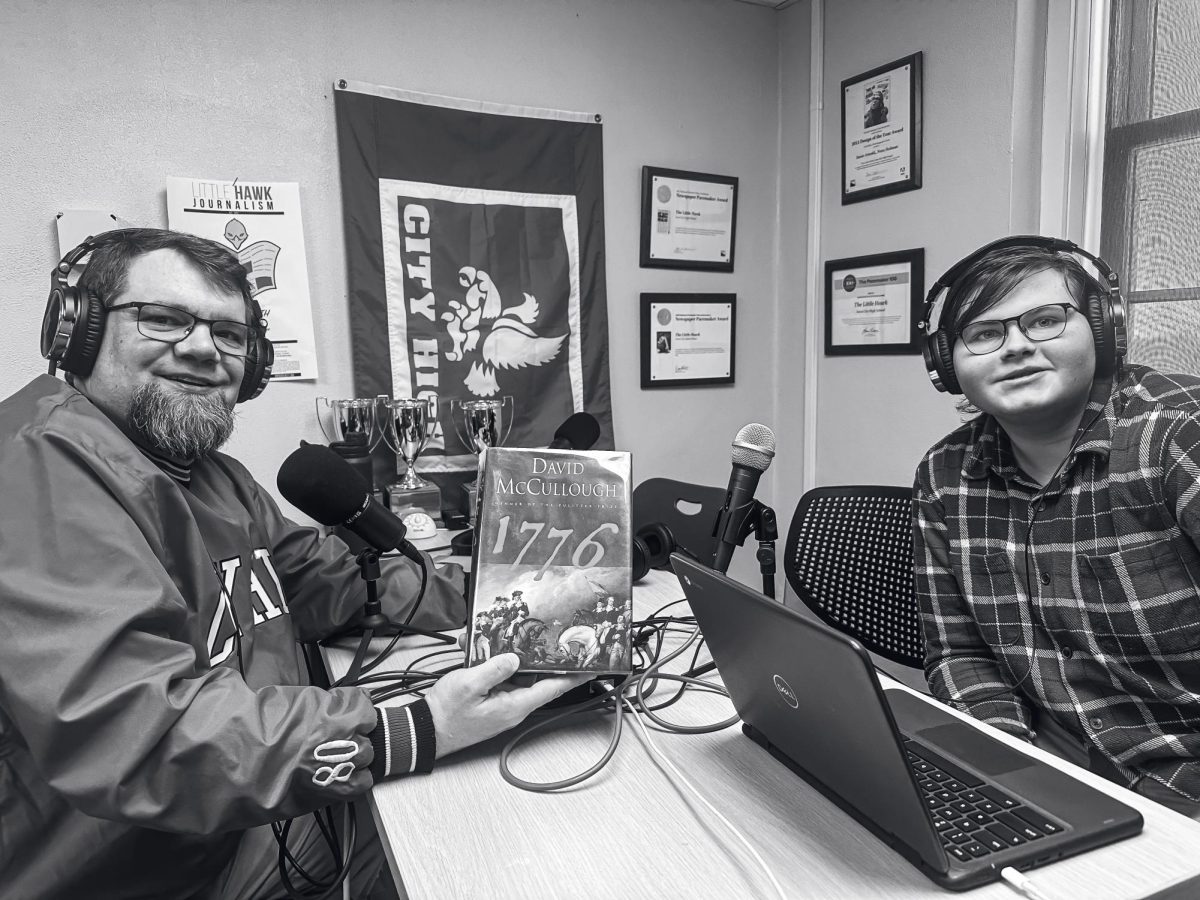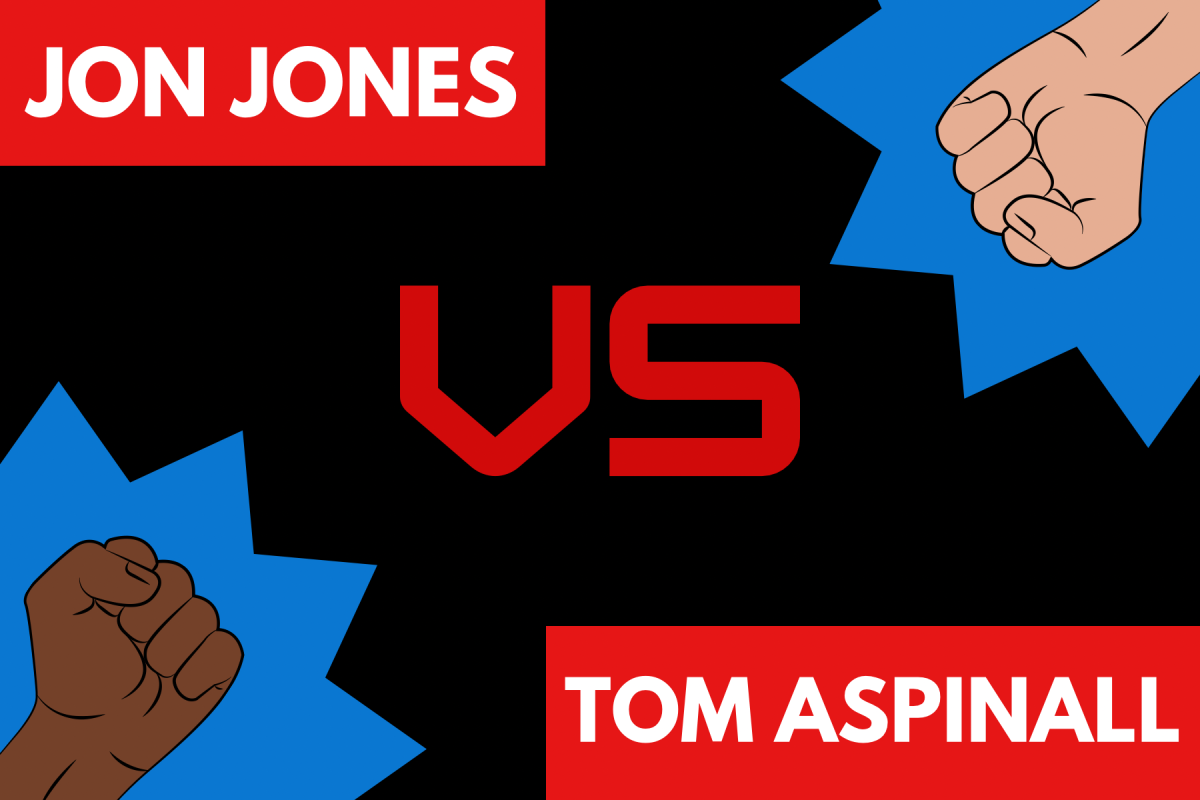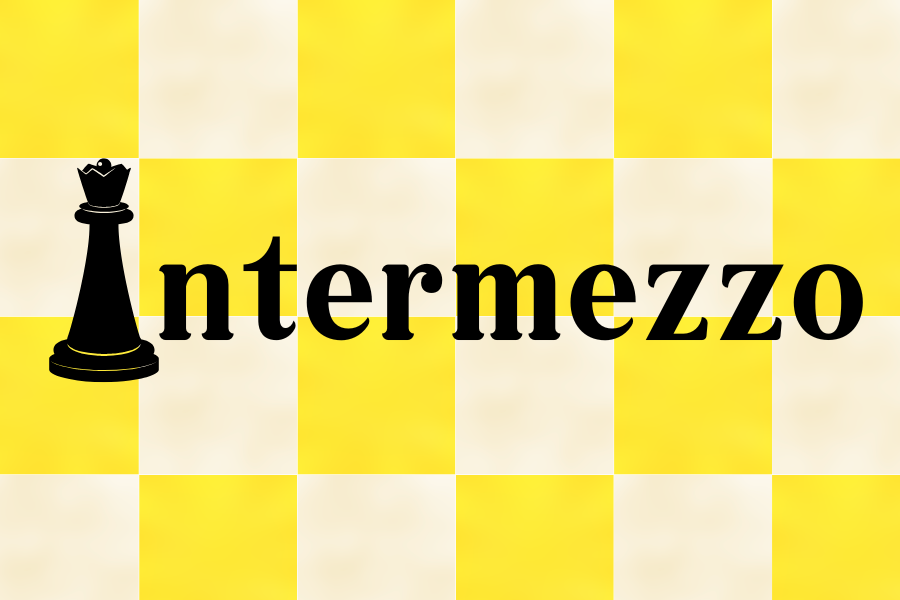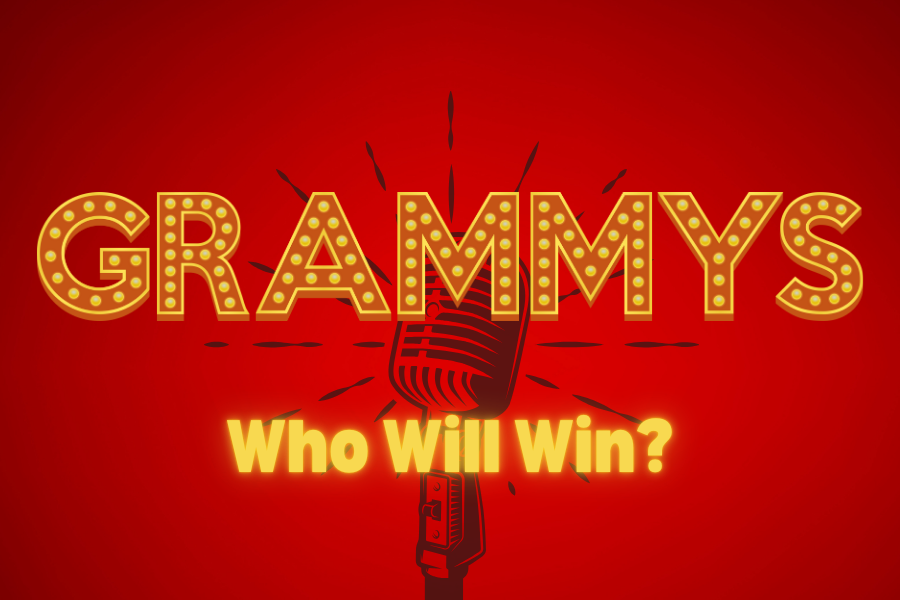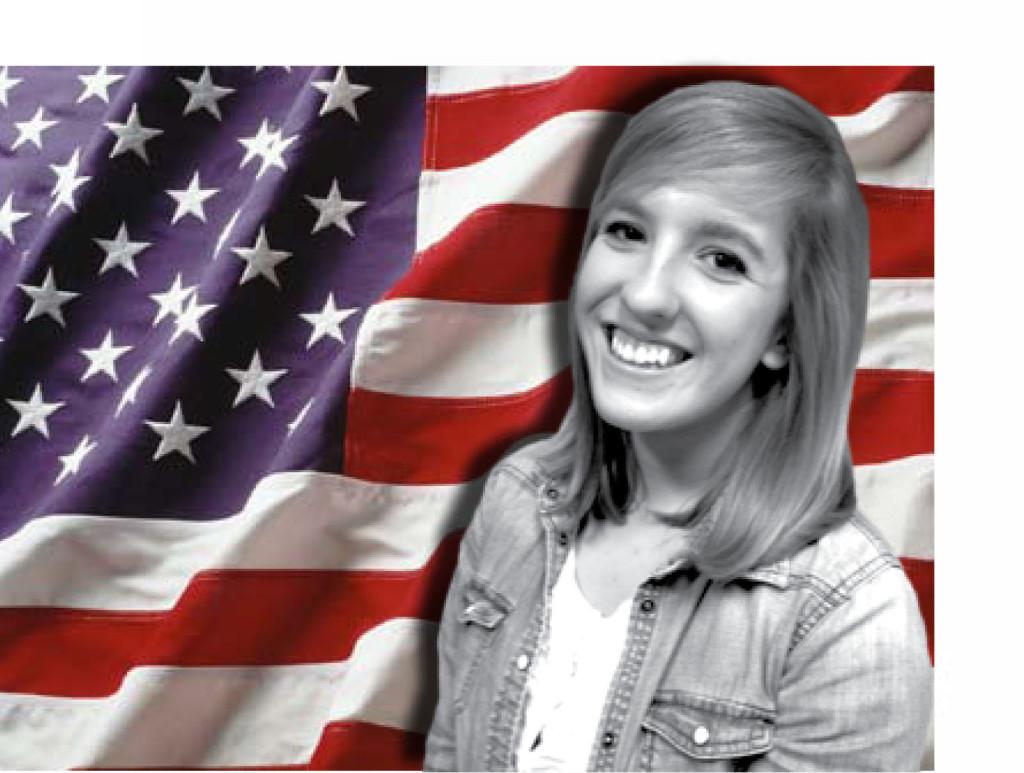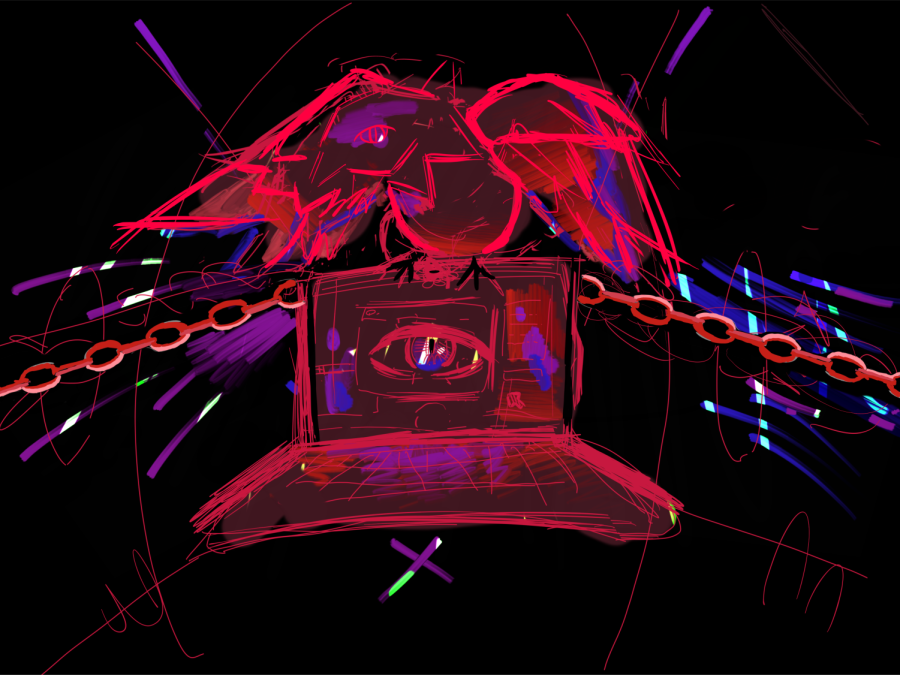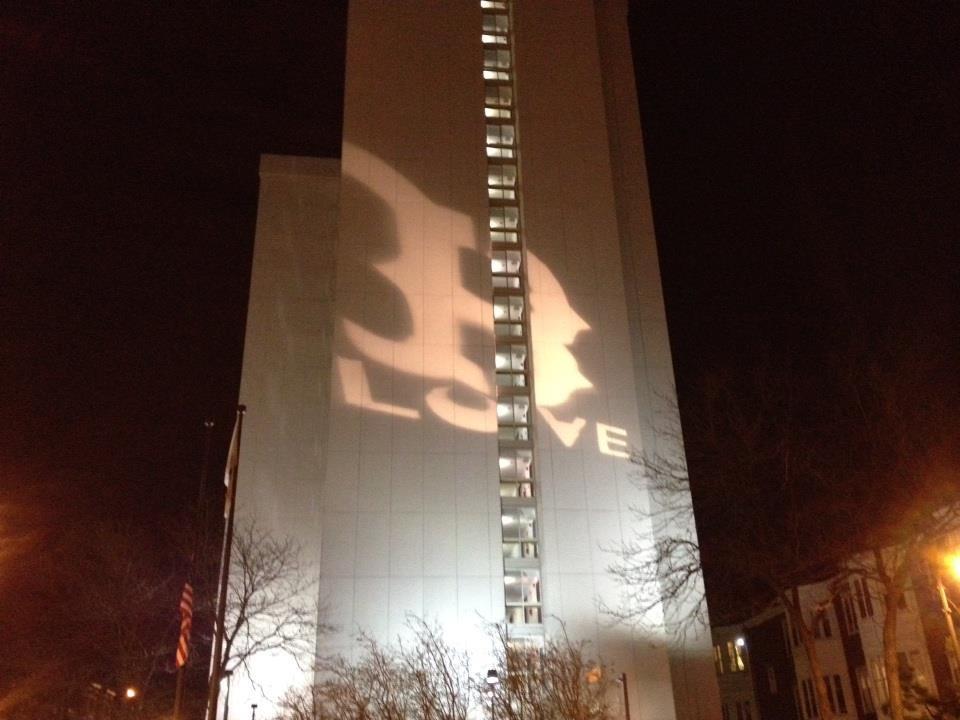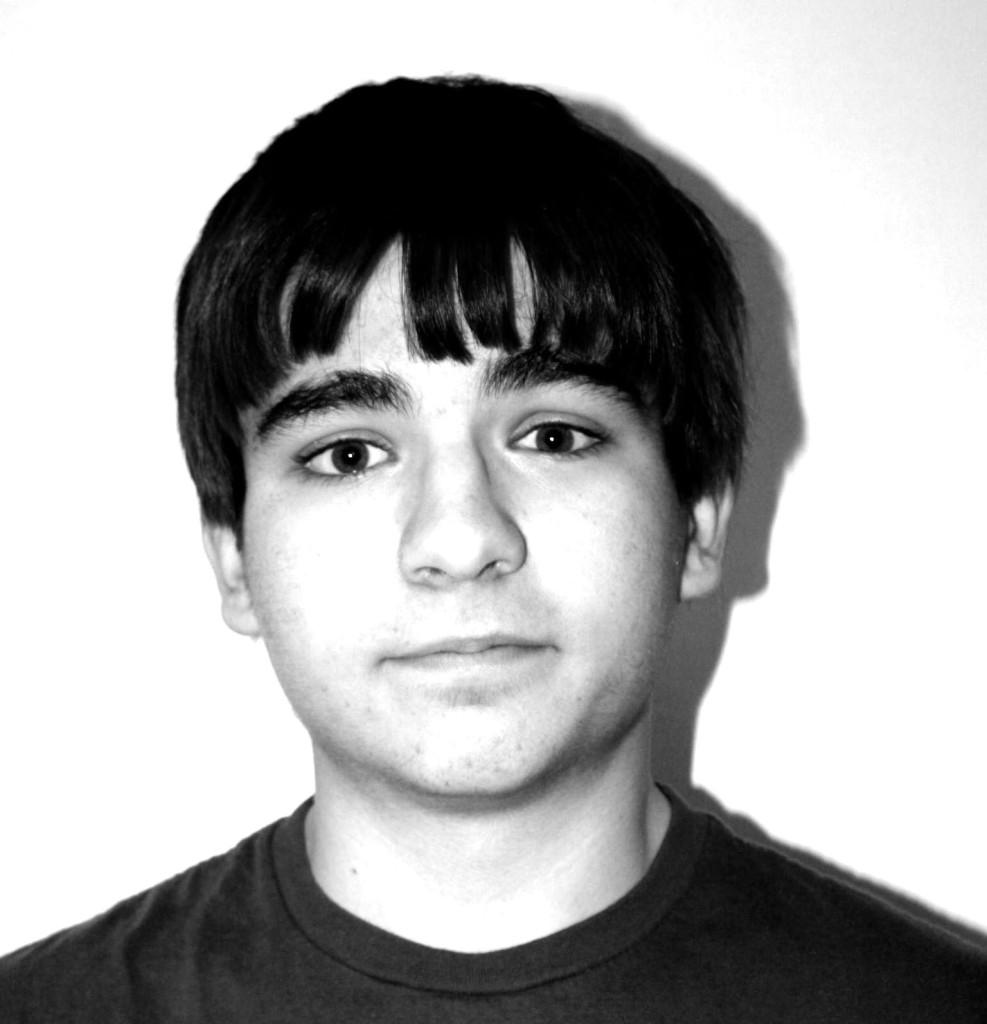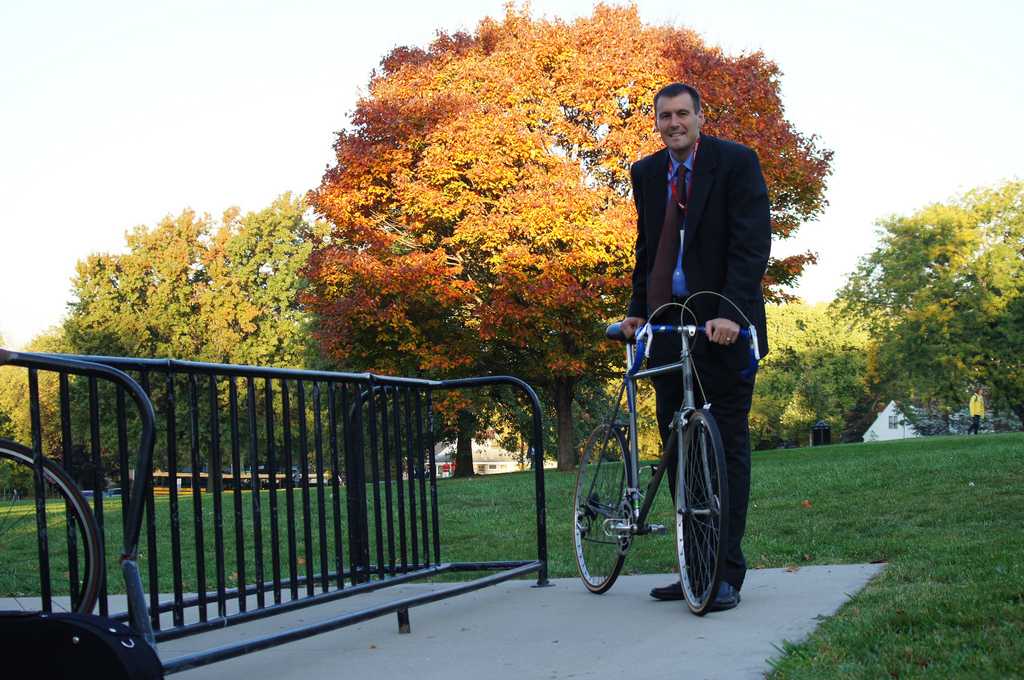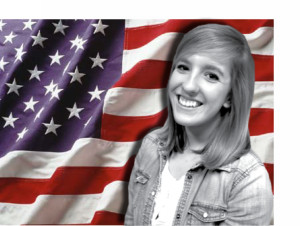
On the evening of September 4th, 2012, the Twitter icon on the top right of my computer burned a steady bright blue. Every time I clicked on the glowing birdie to catch up on fresh tweets, I found a new take on the evening’s hot topic: The Democratic National Convention in Charlotte, North Carolina.
It was encouraging to see that my peers were engaging in the national political conversation, at least to the extent that they took the time to open up their Twitter apps or get on Safari and share their views. Sure, tense arguments were popping up here and there, but there were also a lot of keen, knowledgeable words being contributed.
What wasn’t so encouraging, however, was the number of people who went past the usual (and somewhat expected) political apathy, the sheer number of my peers who spoke out against teenagers speaking up. Dotting my timeline, between insightful tweets concerning the content of the speakers’ words, were depressing comments about “high schoolers who think they know politics” or how “politics iz bad”.
The issue isn’t about the right or the left, it’s about students being informed and educated about the very topics that will affect all of our futures. I am not standing up for the Obama campaign, I am standing up for those who dare to get involved. It’s not easy, and I know from personal experience, to sit up and share what you think is right. In times like these, when political passions are burning hot and partisan tensions run high, the temptation to keep your opinions to yourself is overwhelming. One tweet is all it takes to show that you care about what is happening to your country. My peers who put themselves in the line of fire for what they believe deserve to be admired, whether their views match up with ours, and regardless of whether they “clogged up our timelines.”






